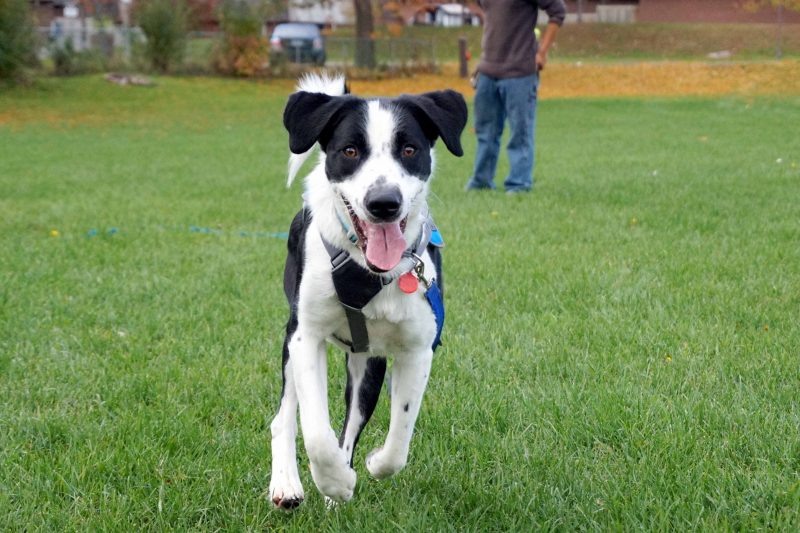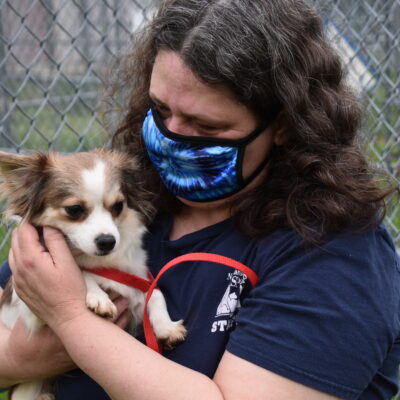
Summer in New England has arrived and with that there are a lot more dogs and people out and about. You might consider taking your pup to an off leash dog park or beach to play and interact with other dogs and people. Here are some guidelines to keep in mind for you, your dog, and the general population.
1.Know Your Dog– Just like us, our dogs are individuals, some are happy to interact with anyone or anything, and have a more-the-merrier perspective on socializing, others prefer their few close friends, and one-on-one or proximal interactions instead of in-your-face play. If your dog tends to be on either end of the spectrum, either overly persistent and in every dogs face or a wallflower sniffing the outskirts and avoiding the other dogs, the dog park may not be the most appropriate location for their exercise and socialization.
2. Off-leash and On-leash Do NOT Mix-No dog should be on leash in an off leash dog park, this restricts a dogs’ choice to move away or choose not to interact if an off leash dog runs up on them, and can cause conflict between dogs. In other public parks, and beaches where dogs are permitted off leash, be aware of on-leash dogs, they are typically on leash for a reason. When passing an on leash dog when yours is off leash, it is the polite choice to call your dog to you, and get them under control by either holding their collar or hooking their leash until you have passed the on leash dog.
3.Keep An Eye On Your Dog– You know your dog best, confirm that they are continuing to enjoy themselves, not overheating, and acting appropriately towards other dogs. Many dogs (like children) don’t know when to stop and may become a little snarkier towards other dogs as time wears on with play, try to end time in the park before this behavior escalates.
4.Young Puppy Safety– Taking young puppies (under 6 months old) to dog parks, holds a considerable amount more risk than for adult dogs, they are immune compromised based on their development, are lacking full vaccinations, and may not have appropriate social skills to interact with adult dogs. Though young puppies need socialization, it is safer to take them to more structured puppy meet-ups or classes with similar aged pups with known vaccination history for their age.
5. Always Pick Up After Your Dog– There is significant health risk to you, wildlife, and other dogs if you do not pick up after your dog and no one wants to step in your dogs’ mess either!
If you have further questions about appropriate play, dog behavior, off-leash training, classes, or our puppy socialization offerings, visit our training page or call the Training & Behavior Department at 603-772-2921 ext 112.

